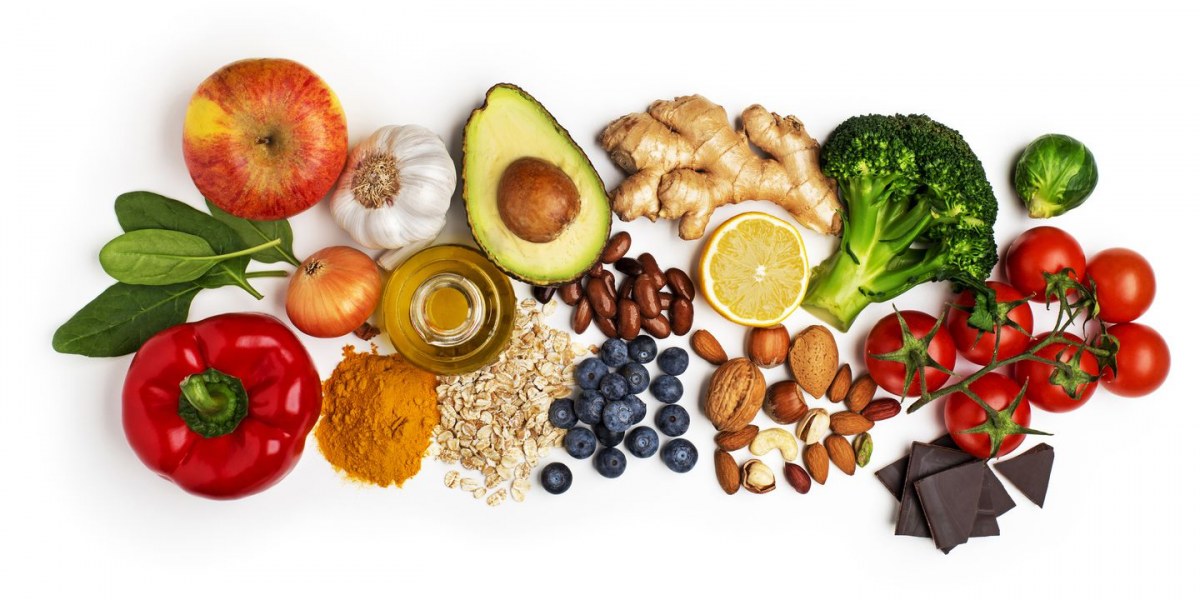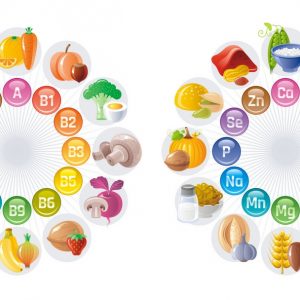There are 13 vitamins identified as essential: vitamins A, C, D, E, K, and 8 B vitamins. This means they are vital along with the essential minerals in maintaining YOU. Repair, Reproduction, Growth, Energy etc
Vitamins help in maintaining healthy eyes and skin, acting as antioxidants to protect your cells from damage. Reproduction & growth, strong bones and normal blood clotting.
Our essential vitamins are found in foods from grains, vegetables, fruits, dairy products, meats and the whole range of beans. By eating a variety of nutrient-dense foods you will have a vitamin-rich diet.
Fat-Soluble vitamins
These vitamins are A, D, E, and K. They are available in foods containing fats. The body assimilates these vitamins as it does dietary fats. They don’t break down in the water.
Vitamin A
Supporting physiological functions through the body, including:
- Vision
- Bone health
- Immune system
- Blood clotting
Dietary sources
Individuals can acquire vitamin A through dietary sources.
Animal sources give preformed vitamin A or Retinol. These are prepared for the body to use.
Thus, arrangements of repairs regularly show vitamin A substance as “vitamin A RAE.” RAE signifies “retinol movement reciprocals.”
Animal’s with high levels of these vitamins include:
- Fish liver oil
- Hamburger liver
- Cheese, milk, and other dairy items
Good sources of beta carotene include:
- Yam
- Kale, spinach, and other green, verdant vegetables
- Carrots
- Melon
- Dark coloured peas
- Certain cereal grains
Vitamin D
Individuals get vitamin D:
- Normally through exposure to daylight as well as in the diet
- Through natural foods
- As supplements, if you feel you are lacking from your normal regime
Function
Vitamin D has two fundamental jobs in the body:
- It keeps up bone strength by promoting calcium uptake.
- It boosts body system support by creating calcium serum in the blood so it can be transported.
Dietary sources
An individual can get some vitamin D from the sun, yet the majority of us need to utilize different sources, as well. The basic option is food.
Dietary sources include:
- Oily fish and fish oils
- Dairy foods, plant-based milks, and oats
- Meat liver
- Eggs
Vitamin E
Vitamin E is a cancer prevention agent that can enable the body to decimate free radicals. Free radicals are destructive particles that can cause damage to the normally smooth cell walls. Oxidative pressure can prompt cell harm, and this can bring about damage leading to different illnesses. Vitamin E may help shield the body from a scope of medical problems.
Function
A few reasons why the body needs vitamin E are:
- as a cancer prevention agent
- to help the immune system
- to widen veins and help slow thickening
Dietary sources `
Great sources of vitamin E include:
- wheat germ oil
- sunflower seeds and oil
- almonds, hazelnuts, and peanuts
- spinach and broccoli
- kiwi
- products that originate from the soil
Vitamin K
Vitamin K enables the body’s clotting function. Blood thickening is essential to our survival.
Functions
Aside from blood coagulating, vitamin K may likewise:
- reduce the danger of coronary illness
- improve bone wellbeing
- reduce excess amounts of calcium in the blood
Dietary sources
Food sources of vitamin K-1 and K-2 include:
- kale
- liver
- spinach
- parsley
- spread
- egg yolks
The Water-Soluble Vitamins C and B
Vitamin B
B vitamins are significant for ensuring the body’s brain function, energy levels and cell metabolism. They help the body convert food into energy (digestion), make fresh blood cells, and keep up healthy skin cells, synapses, and other body tissues.
Vitamin C
Job and Function
Bolsters numerous basic body functions, including:
Cell reinforcement: Your body utilizes cancer prevention agents to protect itself against oxidative pressure. Vitamin C is one of its most significant immune support vitamins and has been linked as a significant vitamin to support the body in its fight against cancer.
Collagen development: Without vitamin C, the body can’t combine collagen, the primary protein in connective tissue. Therefore, deficiencies have a negative effecton your skin, ligaments, tendons and bones
Resistant capacity: Immune cells contain significant levels of vitamin C. During contamination/infection, its levels are immediately drained.
Dietary Sources
- The primary dietary sources of vitamin C are products grown from the ground.
- Cooked animal-sourced foods contain essentially no vitamin C, yet low amounts can be found in raw liver, eggs, fish roe, meat and fish


